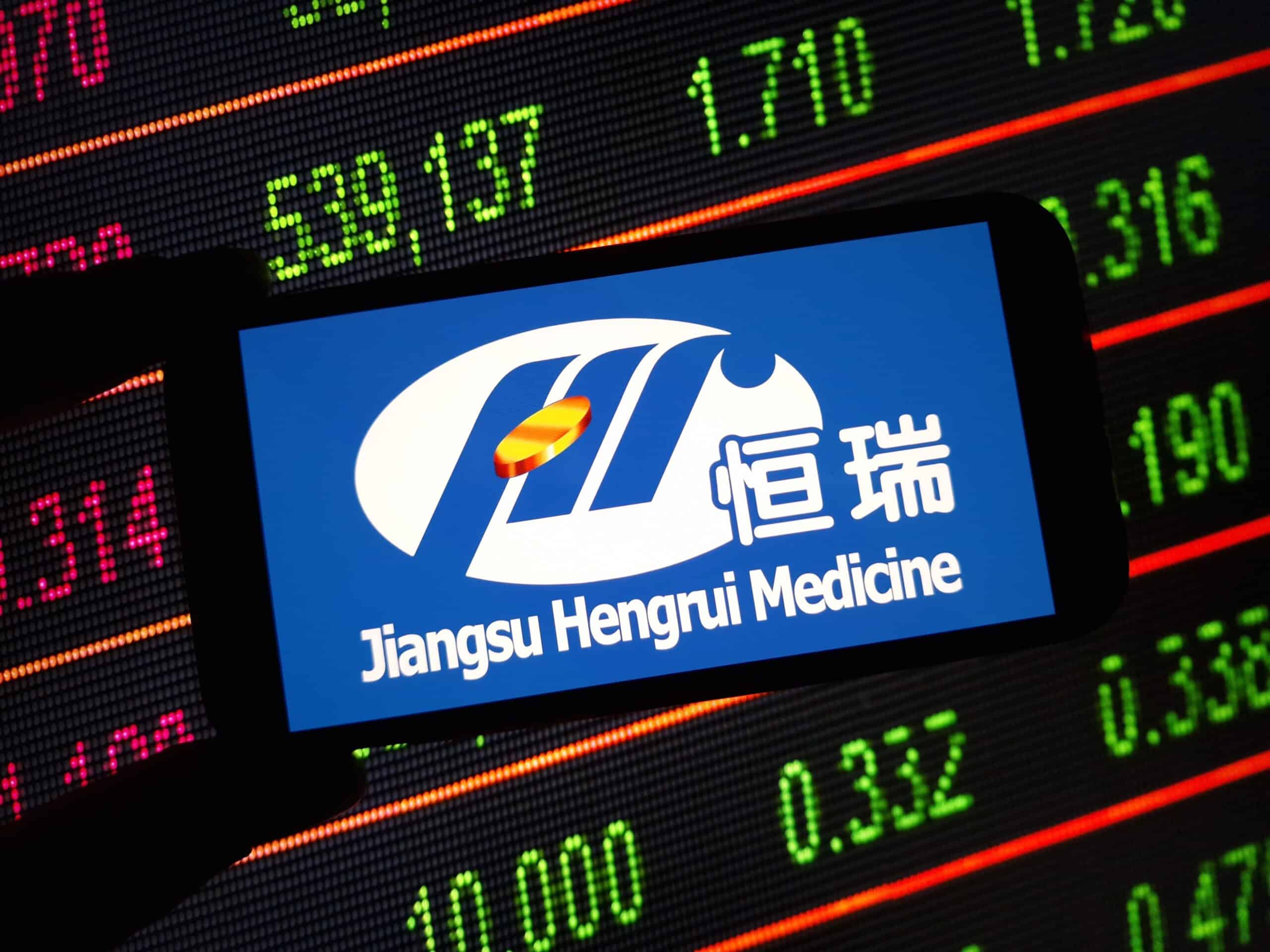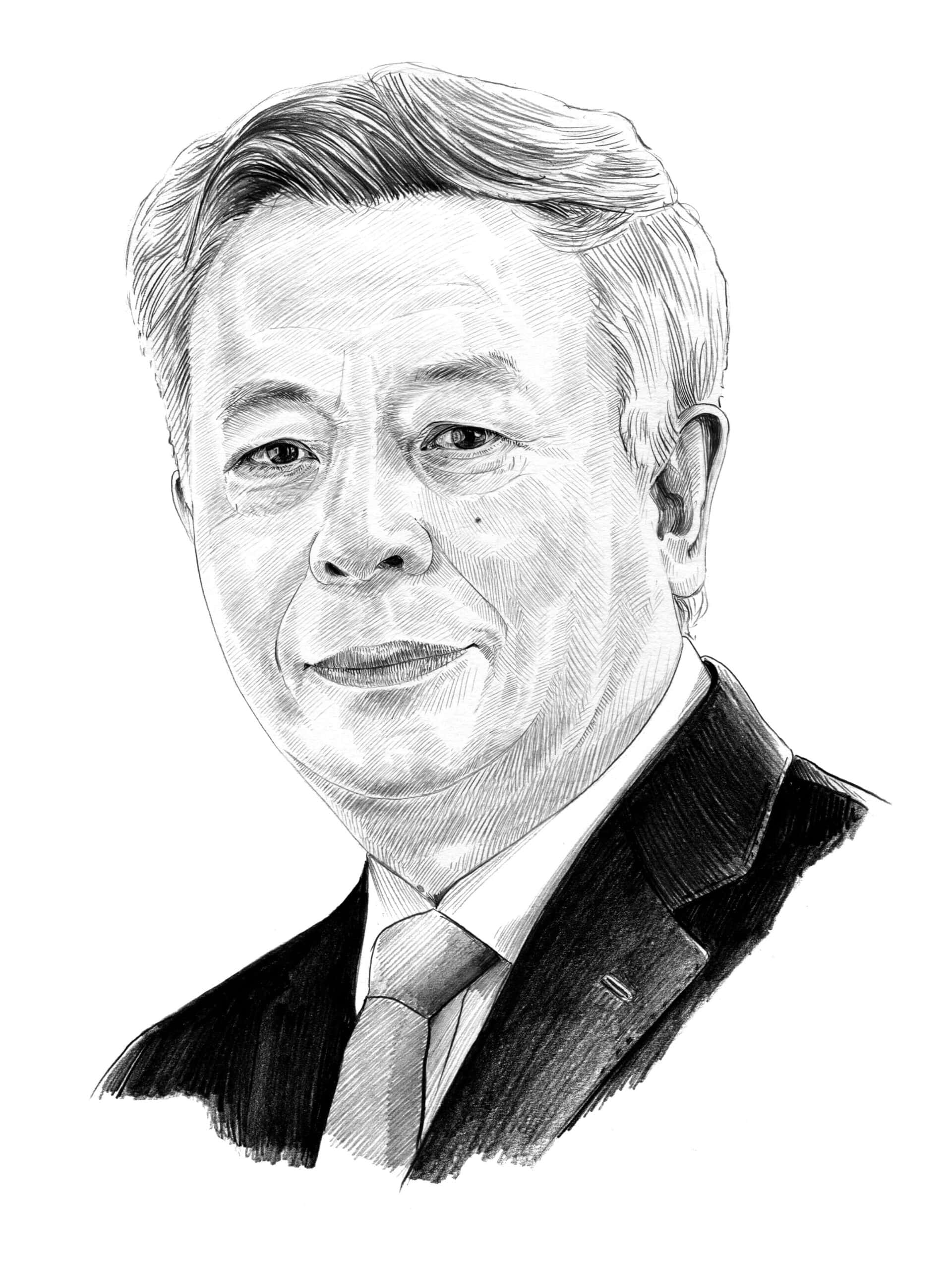Good evening. China didn’t come up in Elon Musk’s SNL performance last night — the Dogecoin and Mars jokes were too irresistible — but this week’s cover story has everything you need to know about Tesla’s incredible performance in the China market, including how observers say the love affair will end. Elsewhere, we have an interview with Daniel Russel about the quest for leverage in the U.S.-China relationship; an op-ed about why the CCP’s increasing role in private companies is problematic; a column from Joe Nye on the “cooperative rivalry” between the U.S. and China; and infographics about China’s housing bubble. If you’re not already a paid subscriber to The Wire, please sign up here.
Want this emailed directly to your inbox? Sign up to receive our free newsletter.
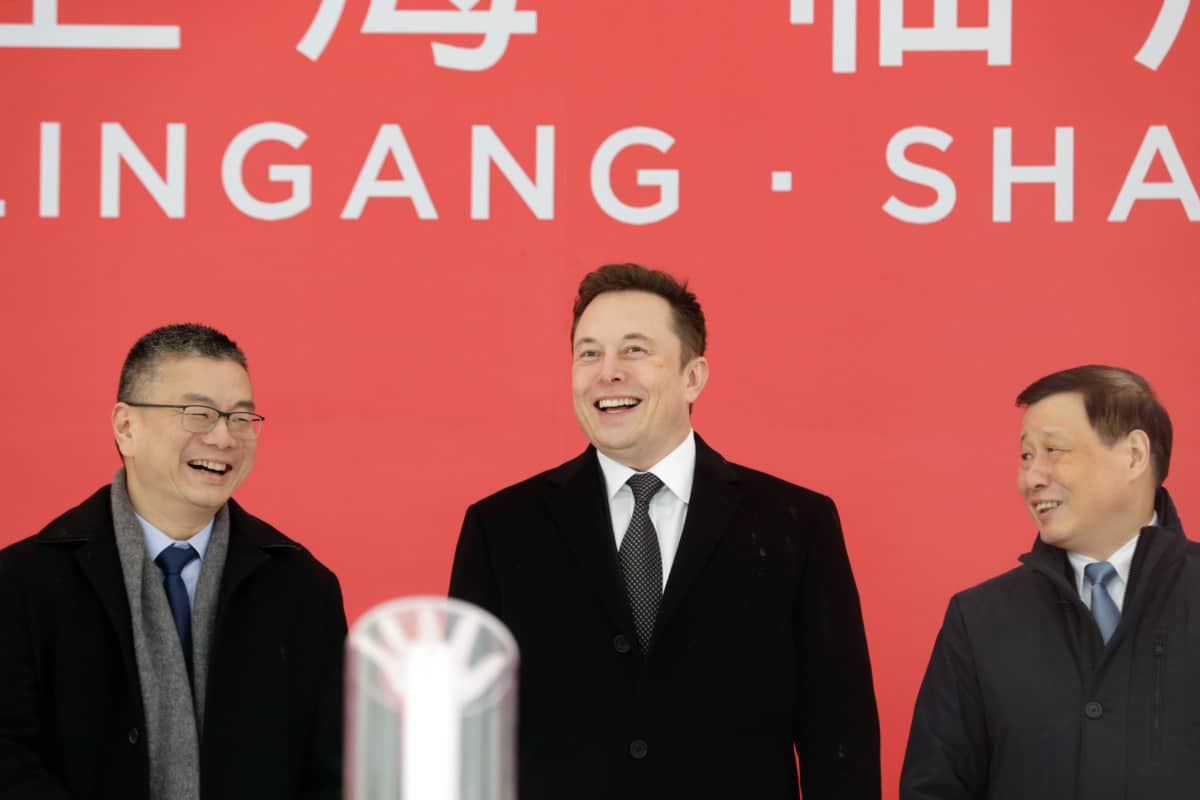
Credit: Qilai Shen/Bloomberg via Getty Images
Tesla’s China Endgame
Tesla continues to thrive in China: the Model 3 is the best-selling luxury electric vehicle in the country, and the company is on pace to sell around 300,000 cars in China this year — up to 40 percent of its global output. But with China’s many domestic EV start-ups nipping at Tesla’s heels, many observers have watched the China-Tesla love affair with a certain sense of foreboding: how much longer will Beijing allow Tesla to reign supreme? The answer, Brent Crane reports in this week’s cover story, has less to do with EV sales — which Tesla is expected to dominate for a few more years — and more to do with the coming advances in autonomous driving.
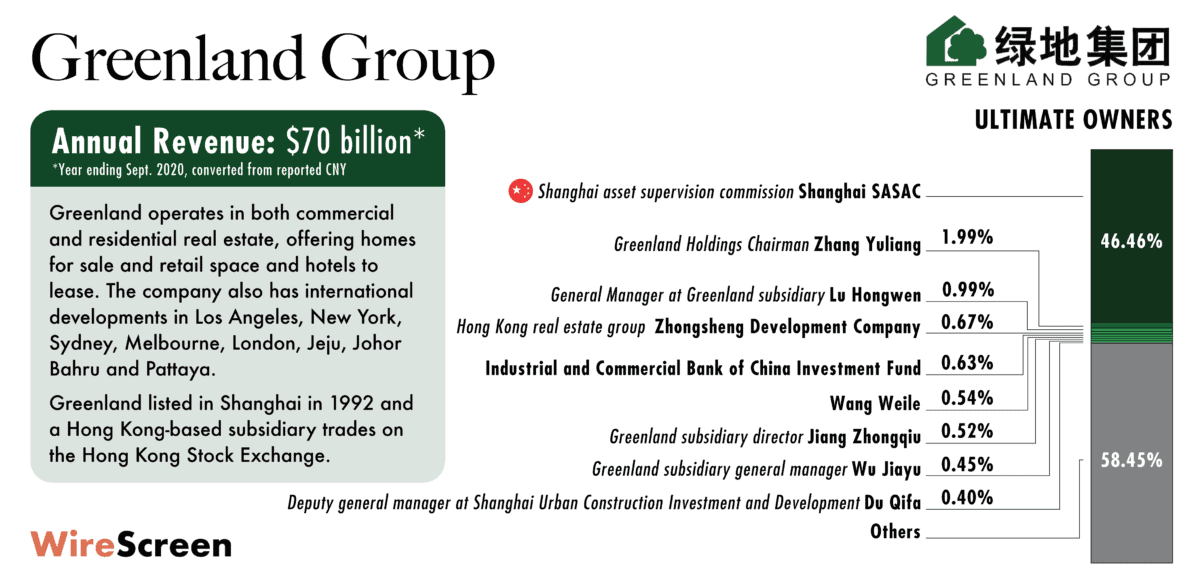
The Big Picture: The Housing Bubble That Just Won’t Pop
People in mainland China weren’t allowed to own property until 1998. Since then, home ownership rates have blossomed. But explosive growth has also fueled a building boom that has saddled some of the nation’s biggest property developers with precarious levels of debt. This week, The Wire examines the biggest players in China’s real estate market and looks at how they stack up with big property developers around the globe.
A Q&A With Daniel Russel
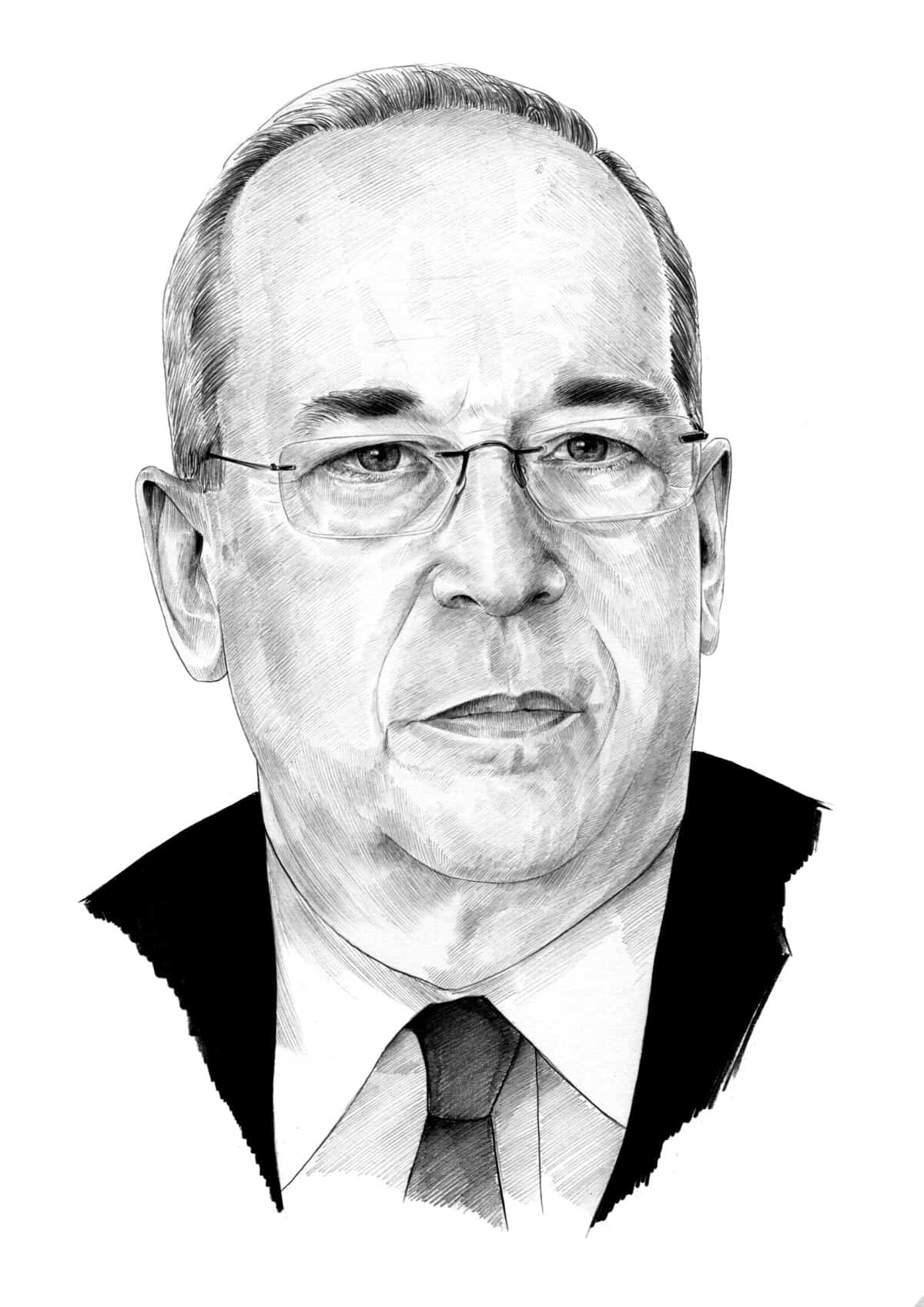
Daniel R. Russel is a longtime American diplomat and White House advisor who served as one of President Obama’s senior aides on Asia and Pacific affairs, helping formulate the administration’s “pivot,” or strategic rebalance, to the Asia Pacific region. In this week’s interview with David Barboza, he talks very frankly about national humility, what the early days of the Trump administration were like for him, and why he thinks the U.S.-China relationship is all about the quest for leverage.
Daniel Russel
Illustration by Lauren Crow
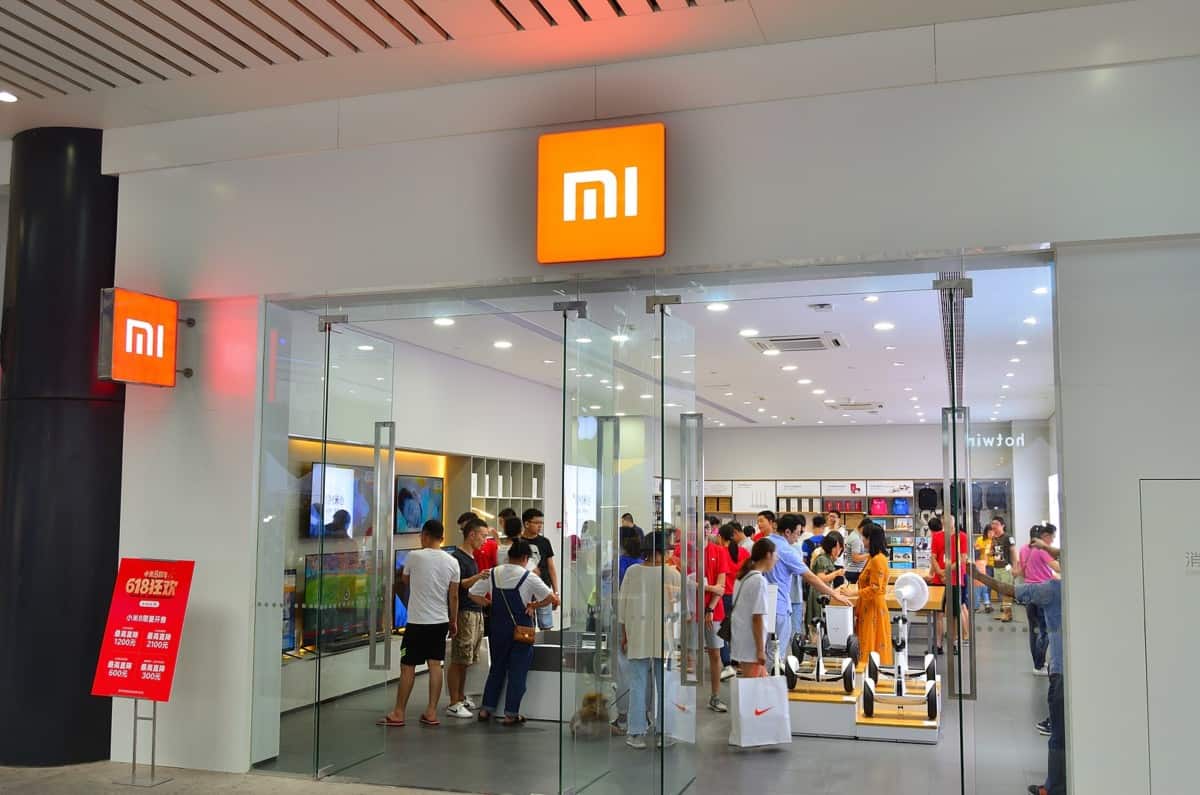
The Party on the Inside: The CCP and Chinese Companies
China’s efforts to strengthen and expand Chinese Communist Party (CCP) organizations within companies is turning into one of the thorniest disputes in the U.S.-China economic relationship. As Nicholas Borst argues in this week’s op-ed, American companies operating within China and American investors in Chinese companies are faced with the unsettling prospect of a CCP organization inside their company with an unclear agenda and overlapping lines of authority with the company’s managers. If China refuses to correct course on this issue, Borst says, U.S. policymakers will be justified in their accusations that China should not be treated as a market economy.
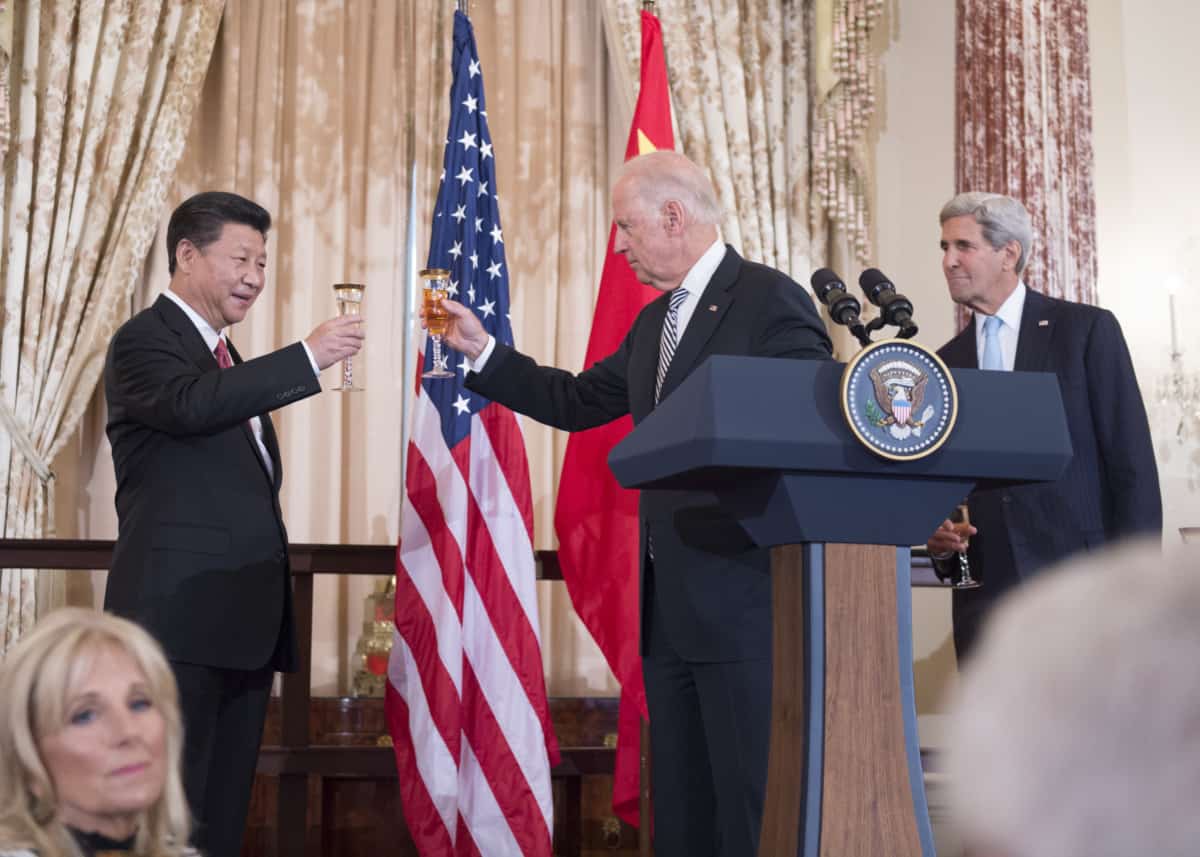
Credit: U.S. Department of State
The Logic of U.S.-China Competition
If mishandled, the U.S.-China great-power competition could be dangerous. But, says Joe Nye in this week’s column, if the United States plays it right, the rivalry with China could be healthy. No country — China included — is about to displace the U.S. in terms of overall power resources in the next few decades, Nye argues. And a key question when gauging the success of President Biden’s China policy will be whether the two powers can cooperate in producing global public goods, while competing strongly in other areas. In the end, Nye says, the U.S.-China relationship is a “cooperative rivalry,” in which the terms of competition will require equal attention to both sides of the oxymoron.
Subscribe today for unlimited access, starting at only $19 a month.


